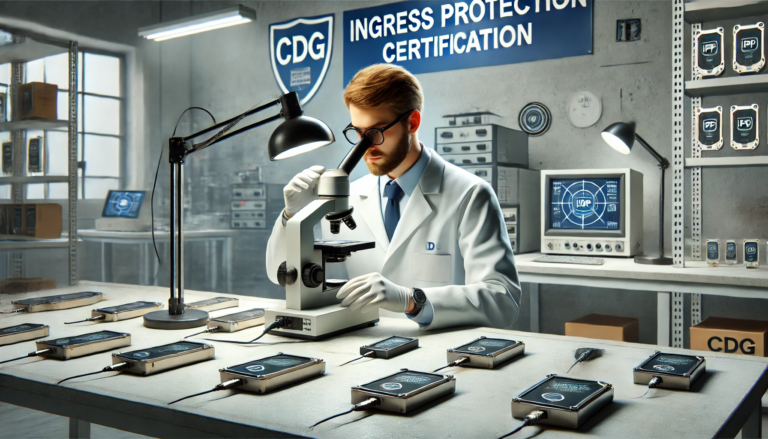In an age where technology continually evolves and industries demand rigorous standards, ingress protection (IP) certification plays a crucial role in ensuring that devices and equipment can withstand environmental challenges. But what happens if a certified product no longer meets these standards? Can ingress protection certification be revoked? Understanding this aspect of IP certification can help businesses and consumers make informed decisions about their equipment and maintain compliance with safety standards.
Understanding Ingress Protection Certification
Ingress Protection (IP) certification is a standard that rates the degree of protection provided by enclosures against various environmental factors, such as dust, water, and accidental contact. This rating system, defined by the IEC 60529 standard, is critical for ensuring that products function reliably in their intended environments.
Can Certification Be Revoked?
Yes, ingress protection certification can be revoked. This typically occurs under certain circumstances:
Non-Compliance with Standards: If a product is found to no longer meet the IP rating requirements due to design changes, manufacturing defects, or degradation over time, the certification can be revoked. For example, if a device initially rated for IP67 (dust-tight and protected against immersion up to 1 meter) starts failing water resistance tests, its certification may be suspended or revoked.
Failure to Maintain Quality Control: Certification bodies require ongoing compliance with the standards. If a manufacturer fails to uphold the quality control processes or makes significant changes to the product without re-certification, their IP certification could be revoked.
Product Modifications: Any modifications or alterations to a product that affect its original IP rating must be re-evaluated. If a product is modified in a way that compromises its ingress protection, the existing certification could be invalidated.
Real-World Examples
Consider the case of a popular smartphone brand that initially had an IP68 rating, indicating it could withstand submersion in water up to 1.5 meters. If the manufacturer made changes to the device’s design or materials without updating the certification, and the phone started failing water resistance tests, the certification could be revoked. This action would prompt the company to either halt sales or recall products to address the issue.
Practical Tips for Manufacturers and Consumers
Regular Testing and Maintenance: Manufacturers should conduct regular testing to ensure ongoing compliance with IP standards and address any potential issues promptly.
Document Changes: Keep detailed records of any modifications made to products. If changes affect the IP rating, re-certification might be necessary.
Choose a Reputable Certification Body: Work with a recognized and reputable certification body to ensure that the certification process is thorough and reliable.
Stay Informed: Keep up with updates to the IP standards and regulations to ensure that your products remain compliant.
Ingress protection certification is a vital component in ensuring that products can withstand environmental challenges. While certification provides a reliable benchmark for product safety, it is crucial to understand that it can be revoked under certain conditions. By maintaining rigorous quality control, documenting changes, and staying informed about industry standards, manufacturers and consumers can help prevent certification issues and ensure that products continue to meet their intended protection levels.


